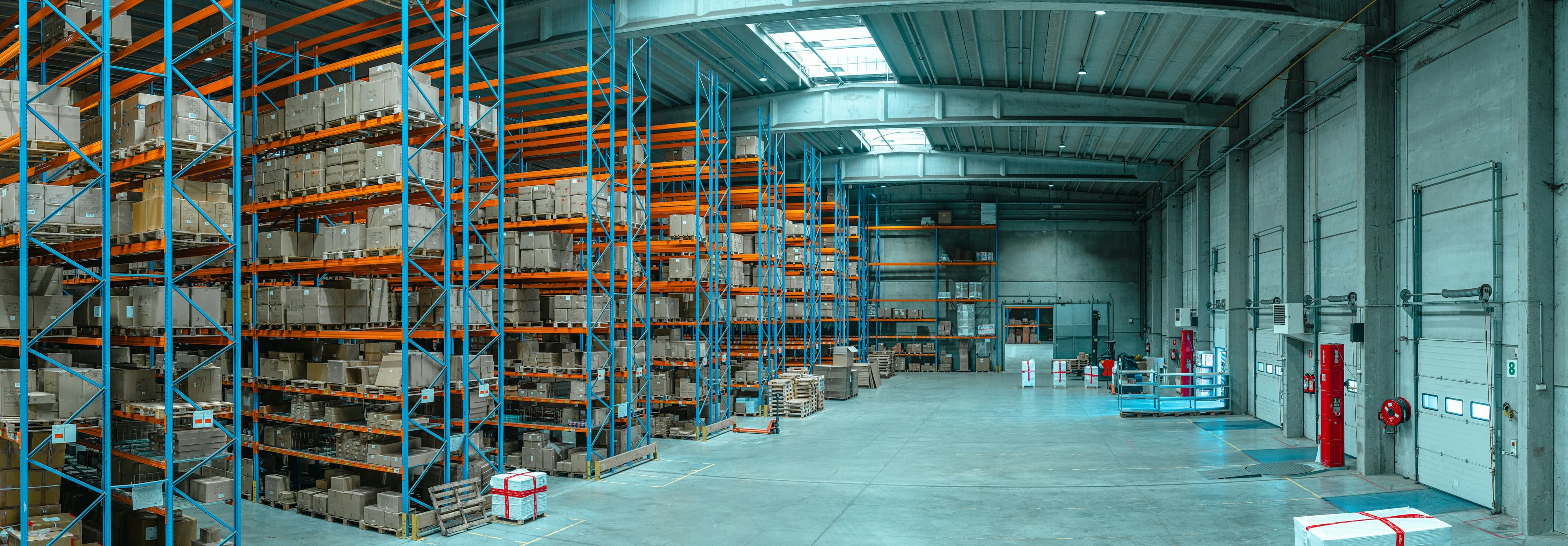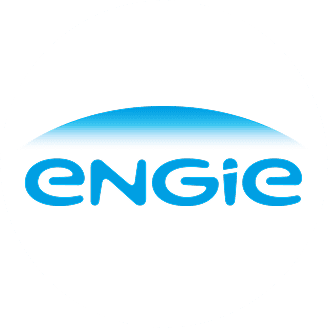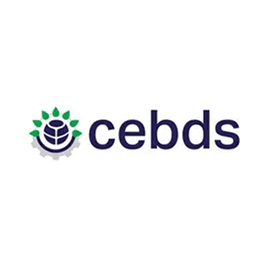
Engage suppliers to drive supply chain decarbonization
 ENGIE
ENGIE CEBDS
CEBDSSummary
Launched Supplier Decarbonization Program to accelerate supply chain climate action, engaging key suppliers in setting GHG reduction targets
Context
In 2024, Engie Brasil Energia (EBE) identified that over 70% of its total emissions came from its supply chain. To align with the Engie Group’s Net Zero 2045 commitment, EBE launched the Supplier Decarbonization Program, engaging high-impact suppliers to establish emission reduction pathways.
Location of the initiative: Brazil — nationwide supply chain operations
Solution
The Supplier Decarbonization Program is structured in five macro-steps, ensuring systematic supplier engagement and emissions tracking:
Target Definition: Identification of priority suppliers representing over 90% of supply chain emissions.
Climate Maturity Diagnosis: Conducting interviews to assess suppliers’ readiness and understanding of climate management.
Membership Agreement: Formal engagement enabling access to benefits such as:
GHG inventory preparation platform
Specialized training programs
Energy efficiency diagnostics
Discounts on I-RECs (renewable energy certificates)
GHG Inventory & Target Alignment: Collection of emissions data and joint definition of decarbonization targets.
Continuous Monitoring: Tracking progress through KPIs and supplier dashboards.
By integrating technical support and incentives, the program builds supplier capacity and embeds climate action across the value chain.
Impact
Sustainability Impact
Climate:
Achieved an estimated
4,000 tCO₂e reduction in 2024, representing measurable progress toward Net Zero supply chain goals.
Enabled suppliers to set science-based targets and develop reduction roadmaps.
Social:
Enhanced supplier awareness and capacity through 4 climate training sessions covering GHG inventory development, climate risks, the carbon market, and sustainable taxonomy.
Business Impact
Benefits:
Strengthened supplier relationships through shared climate goals and collaboration.
Reduced exposure to supply chain transition risks.
Built resilience by embedding sustainability into procurement and supplier operations.
Costs
Implementation costs included supplier training, access to the emissions platform, and internal program management. Benefits include avoided emissions, improved ESG performance, and positive recognition.
Implementation
Typical Business Profile
Applicable for large organizations with complex supply chains aiming to address Scope 3 emissions and supplier engagement challenges.
Approach
Identify high-emission suppliers
Conduct climate maturity assessments
Onboard suppliers through a structured membership program
Facilitate access to tools and training
Monitor emissions data and progress annually
Stakeholders Involved
Project Lead: Engie Brasil Energia Sustainability and Procurement Teams
Partners: Suppliers across priority sectors, technology providers for emissions tracking, and training consultants.
Key Parameters to Consider
Initiative maturity: Early-stage (launched 2024), expanding supplier participation.
Implementation timeline: 1–2 years for initial engagement phase.
Technical constraints: Data quality and varying supplier readiness.
Subsidies/support: Supported by Engie Group’s global decarbonization framework.